20 Best Shows Based on True Stories
There’s something thrilling about watching a story based on real life. Whether you’ve put on a biopic or true crime, the effect is doubly heightened once you realize there are actual people behind the bizarre events unfolding onscreen.
There is an art to translating true stories to production, however, and only a number of showrunners understand that non-fiction storytelling is at its best when it strikes the delicate balance between accuracy and drama—tilt too much on one side and you risk becoming a sensationalized farce or a dull documentary. So to that end, we rounded up the best true-story-based shows you can watch right now. Not only have they achieved the fiction/nonfiction balance, they’re also thoroughly watchable in their own right.
Jump to the top 10:
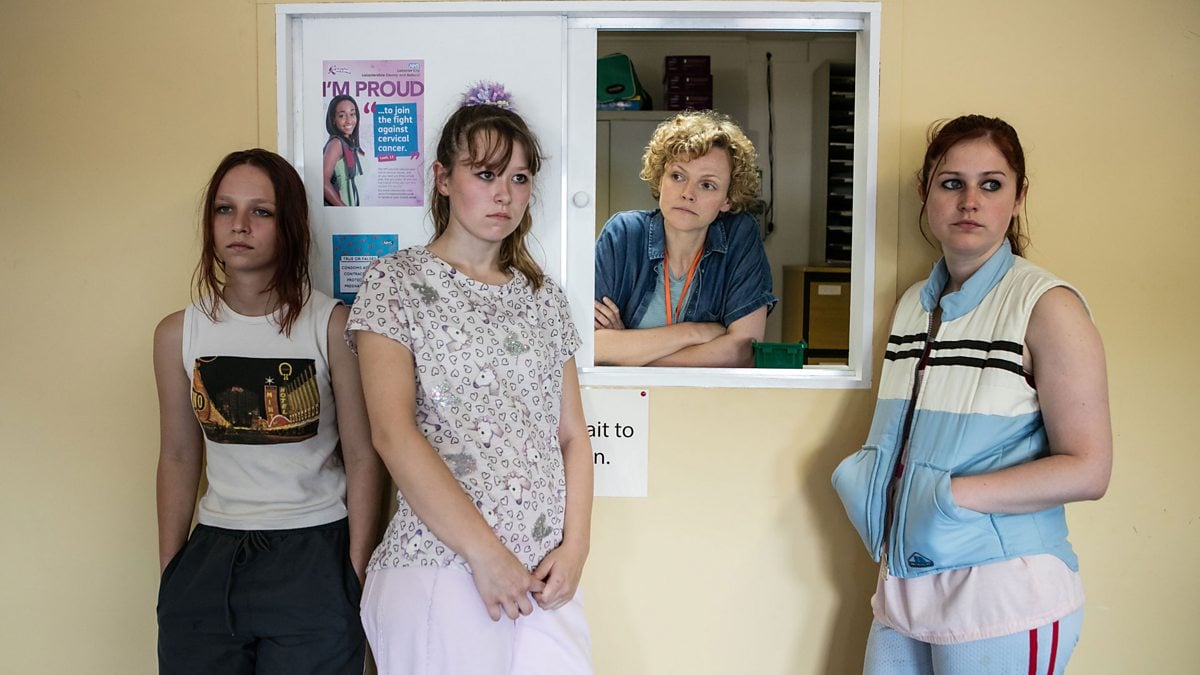
Sexual assault and trafficking are never easy to depict onscreen, especially when they’re based on true events, but Three Girls strikes a balance between realism and empathy. It’s gritty but never gratuitous, critical but never preachy. You can tell the cast and crew took their time to carefully tell this important tale, which continues to be overlooked by authorities in Manchester. As a result, Three Girls can be difficult and frustrating to sit through, but that only speaks to the quality of its acting and storytelling. Three Girls is a must-watch, but you’d be forgiven for not wanting to put it on a second time.
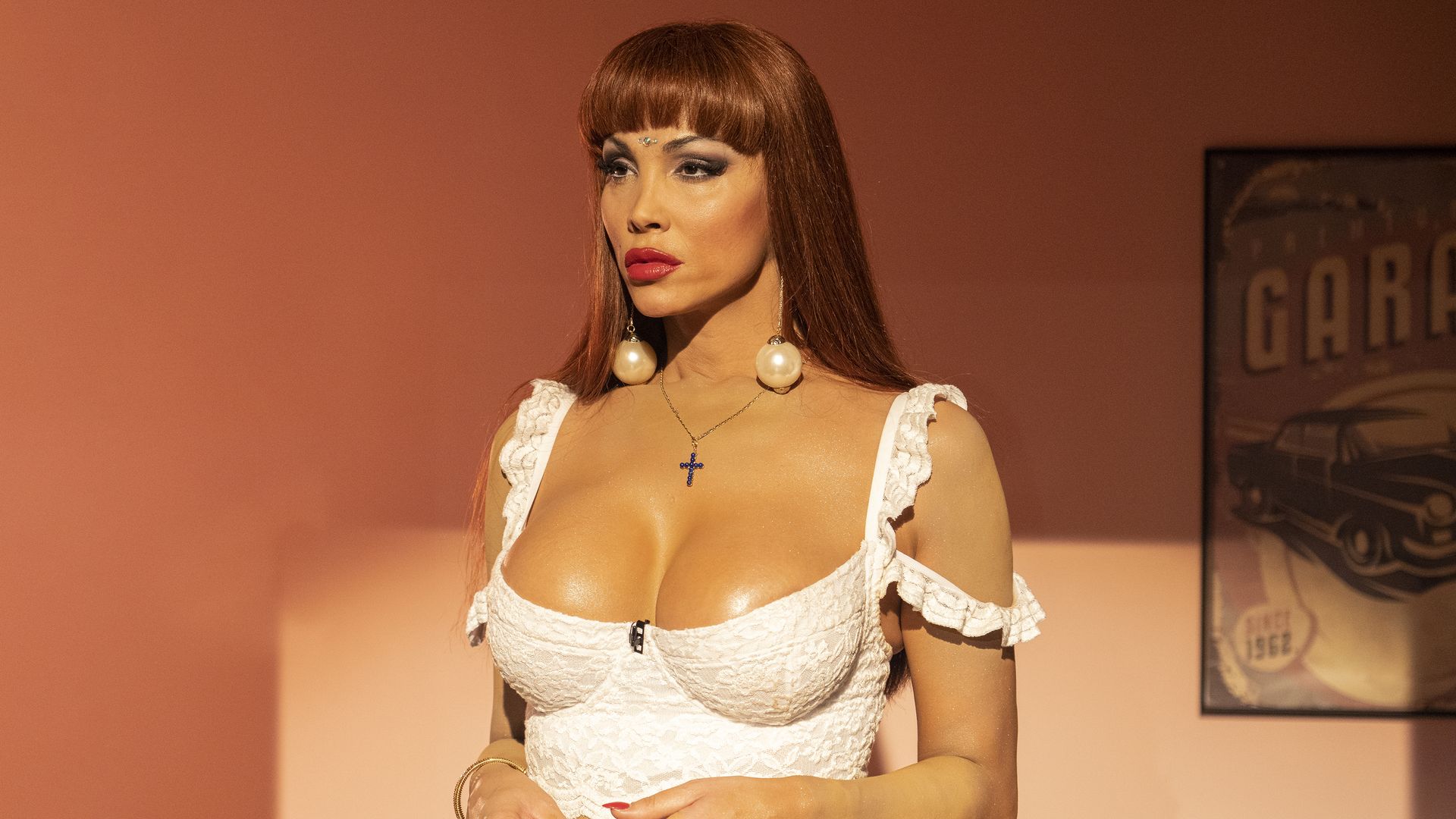
Most people take for granted that for the longest time, certain sectors of society had no one in their corner on screen, at least until someone bold and brilliant enough dared to meet the world on their own terms. Veneno is a series about the iconic titular trans TV personality, but it’s also a story about a trans journalist finding voice and her own gender expression through meeting La Veneno. It’s excellently structured, alternating between La Veneno’s beginnings and Valeria Vegas’ writing, and it’s just lovely to see the new faces of Spain’s trans community celebrate the woman that brought the community on screen.
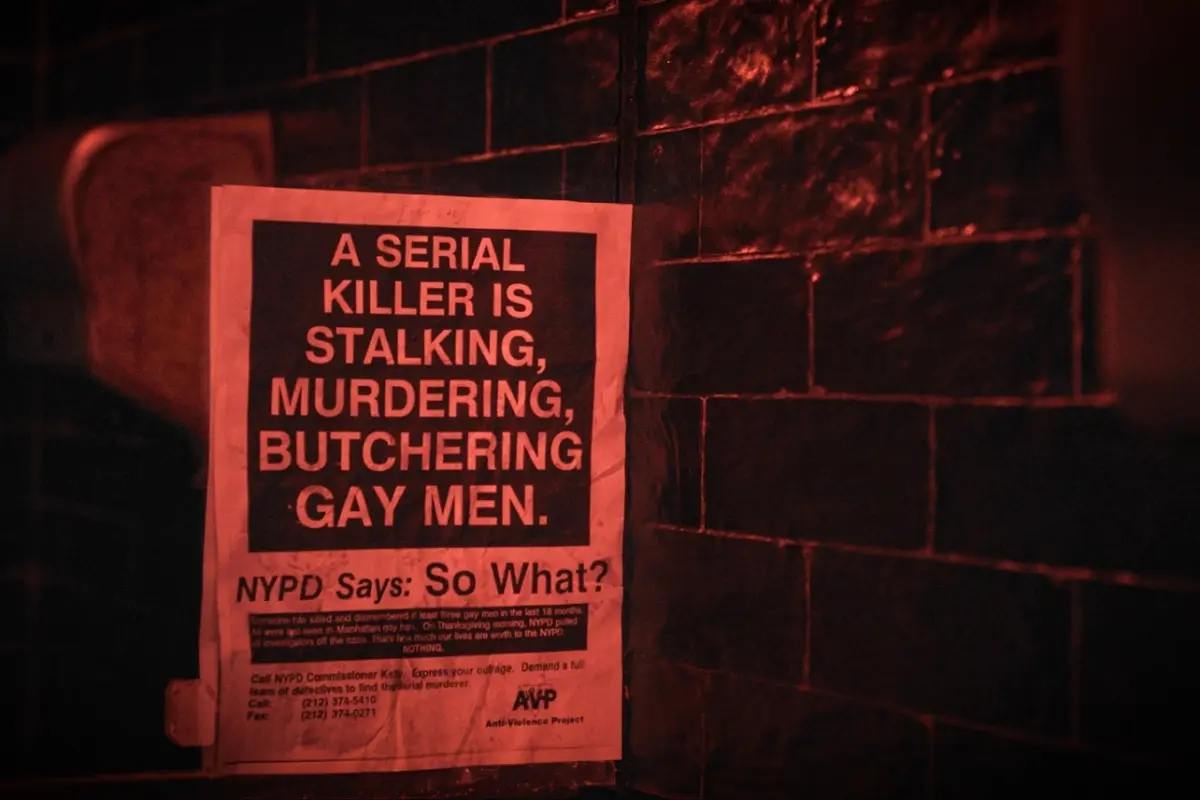
“No one lives just one article or one headline of a life. There’s more.”
Last Call may be a true-crime docuseries, but it doesn’t pigeonhole itself as such; the advocacy for humanizing LGBTQ+ people is undoubtedly at its helm. The series expands past the context of each crime, giving testimonials and evidence of the lives, struggles, solidarity, and fears of the community. It acknowledges the efforts of the New Jersey State Police whilst shedding light on the inherent biases of society, law enforcement, and media when responding to crimes against gay people. Interviews with family members, detectives, and activists round out the narrative, ensuring that the lives lost are not forgotten due to shame, hatred, or sensationalism.

Since the 1960s, Flint, Michigan, has experienced a series of shocks. When General Motors downsized their workforce by several 10.000, the town’s population nearly halved. Unsurprisingly, it later became known for being one of the most dangerous cities in the US and for off-the-charts crime statistics. Since 2014, Flint again rose to tragic fame for a public health emergency due to contamination of its local water supply. Flint Town homes in on this perpetual state of crisis through the eyes of the local police department, who had to grapple with this dire scenario, while losing more funding year over year due to the city’s deteriorating financial situation. The few officers that are left for policing are at breaking point. The result is a gripping and rich docuseries with a host of strong characters. But it is also a brutal and sobering account of the extent to which an American city is being allowed to fail.
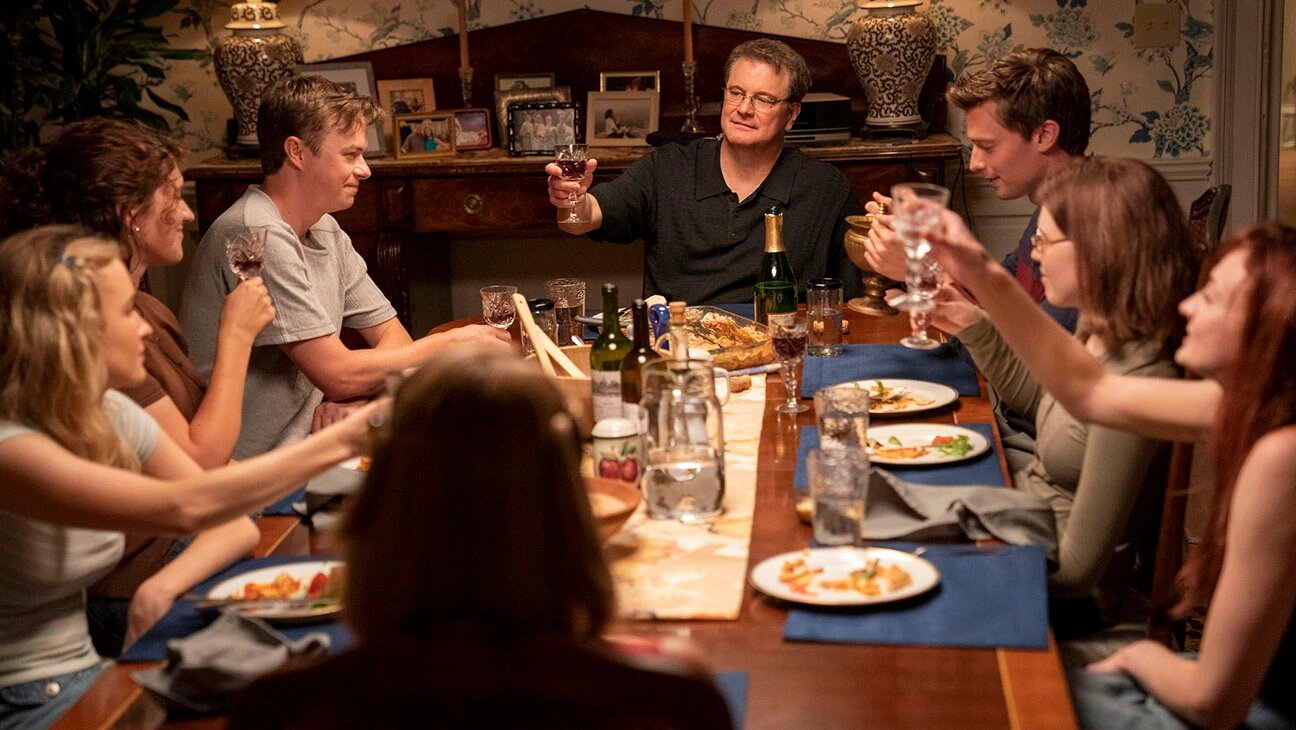
The bizarre case of Kathleen Peterson’s death, which has yet to be fully resolved to this day, has been the subject of many a media article. The press covered it relentlessly when it all started in 2001, then a critically-acclaimed documentary was released in 2004. This was followed up with a sequel in 2018, and now more than 20 years after the deed, a dramatization has come out in the form of a miniseries. You’d be forgiven for thinking the latter couldn’t possibly have anything new to offer, but you would also be wrong. In fact, the series is a masterclass in storytelling. Led by an a-list cast (of which Colin Firth is the absolute standout) and told with such layered depth, The Staircase is a must-watch not just for true crime but for film and TV fans everywhere.
Utilizing time jumps and crafty transitions, The Staircase isn’t set at one particular time, which is fitting considering the trial lasted for 16 years. It also isn’t centered on just the mystery or the family, but instead is just as interested in the making of the 2004 documentary that introduced (and humanized) the case to an even wider sect of people. If you’re looking for a neat ending or some form of satisfying retribution, you won’t find it here. But you will be getting an engrossing meditation on truth and its elusiveness
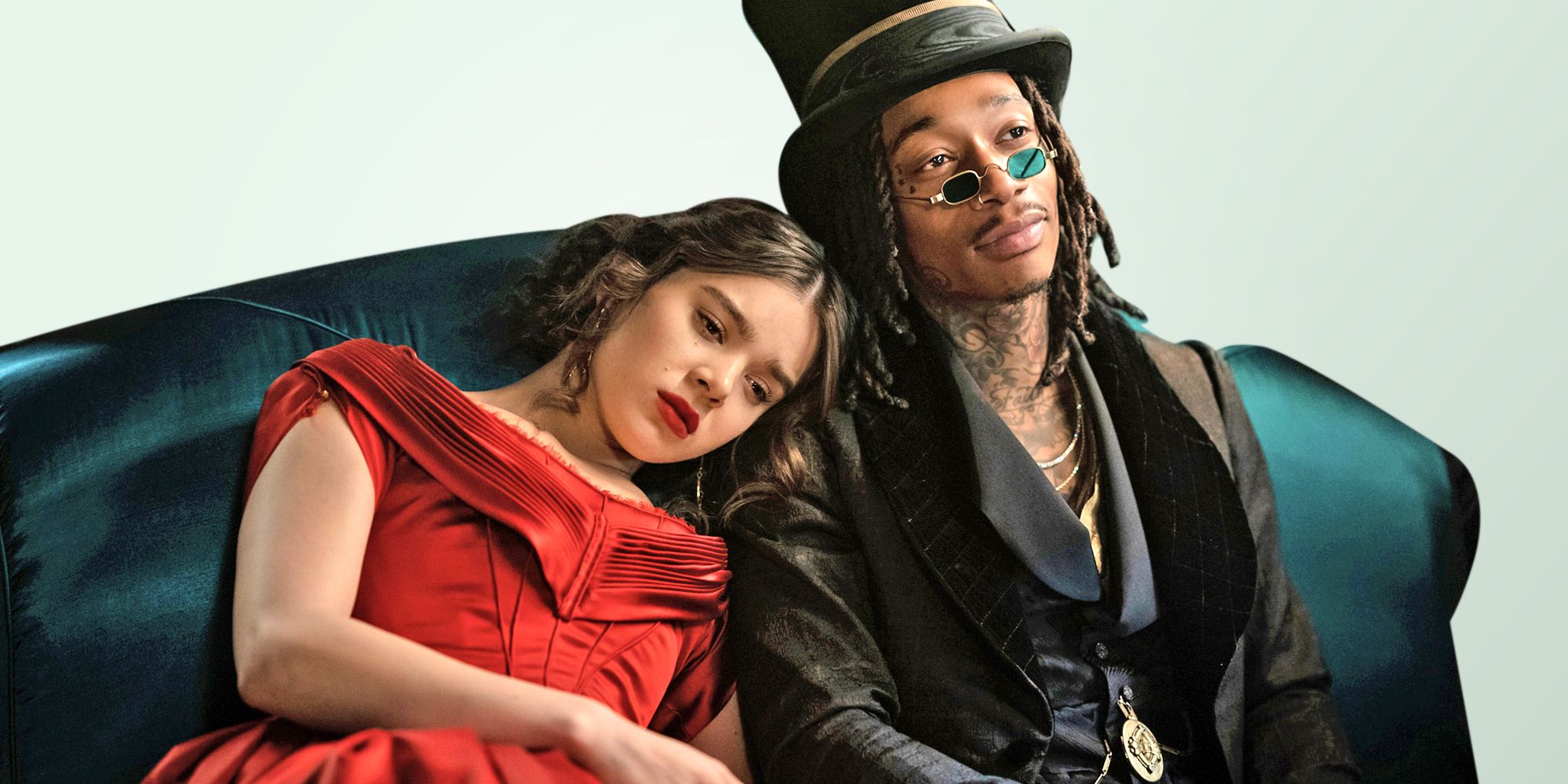
Dickinson takes more than a few creative liberties in telling the story of one of America’s greatest poets, Emily Dickinson (played here by the effervescent Hailee Steinfeld). As soon as the first pop song blasts in the background, followed by more than a few expletives blurted by the characters, it becomes clear that the series is more interested in making Emily’s life story not just understandable to a new generation, but timeless and universal too; it’s a tale about freeing oneself from the constraints of gender and society, and how regardless of whether you succeed or not, it’s the attempts that keep us human.
The series is funny and tender and vivacious, kept afloat by its modern sensibility and desire to showcase a whole new side of Emily. Here, she’s a fighter, a (queer) lover, and an intellectual. But she’s also spoiled, narrowminded, and selfish—she is after all, still a growing girl. Dickinson succeeds on two counts: as an enlightening biopic, artistic license notwithstanding, and as an energizing coming-of-age series, complete with awkward epiphanies and inspiring character developments.
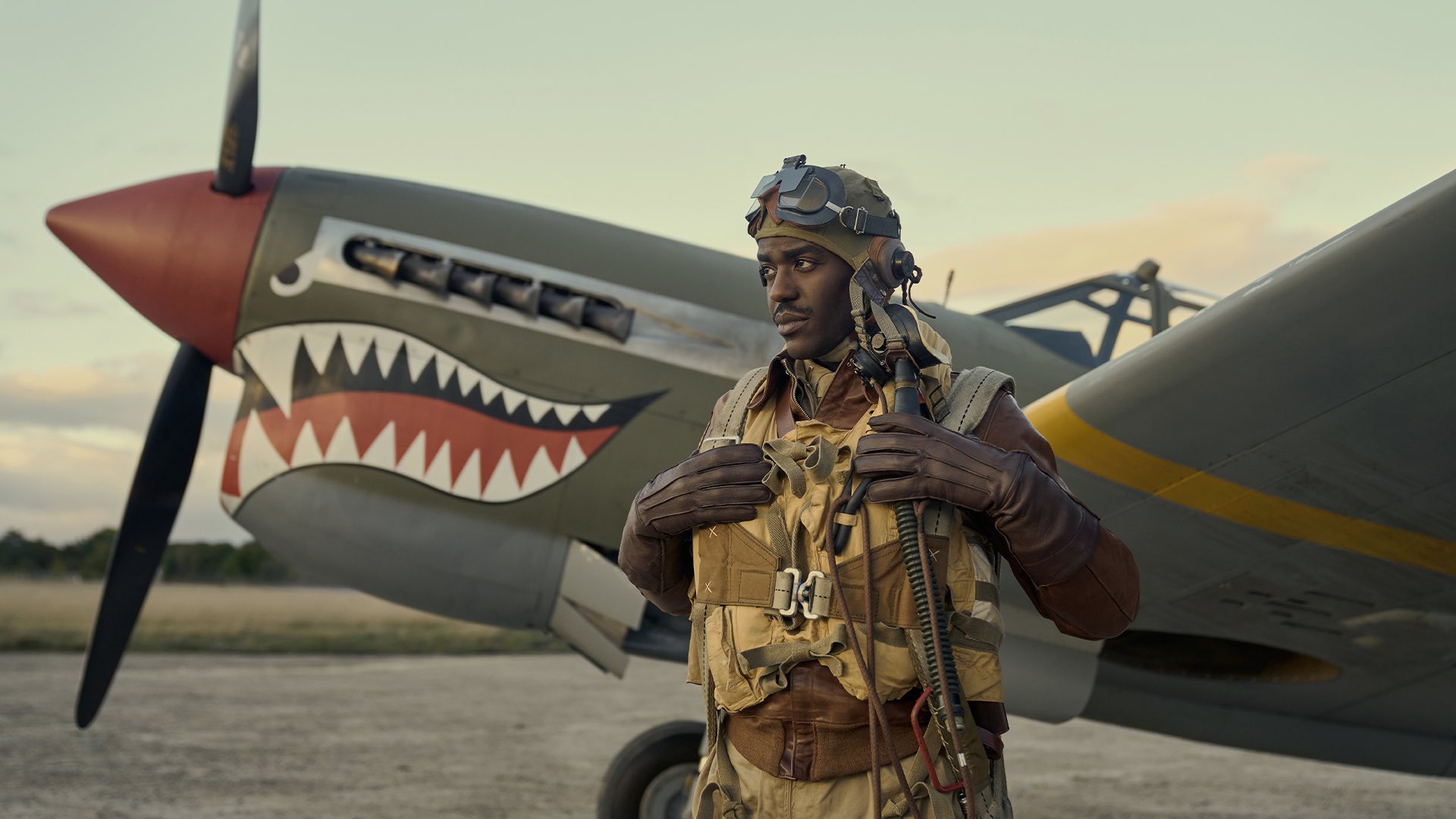
It’s hard not to be swept away by the epicness of Masters of the Air. Produced by Steven Spielberg and Tom Hanks, with the first four episodes directed by Cary Joji Fukunaga (No Time to Die, True Detective), it’s made sure to flex its massive $250-million budget. Everything is accounted for here, from the sweeping and historically accurate production design to the stacked cast of rising male stars (Oscar nominees Austin Butler and Barry Keoghan easily steal the show). Even the rousing score and sound design, while bordering on melodrama at times, build up tension and add a premium air to it. It’s a visual and sonic feast bolstered by upstanding performances and an endearing show of brotherhood. Whenever it risks being propagandistic or misguidedly patriotic, it’s the believable relationship between the boys and their grave understanding of war that ground it and give it heart. And of course, the air combats are edge-of-your-seat thrilling. Like Band of Brothers and The Pacific before it, it’s a visceral entry in the genre of World War II must-sees.
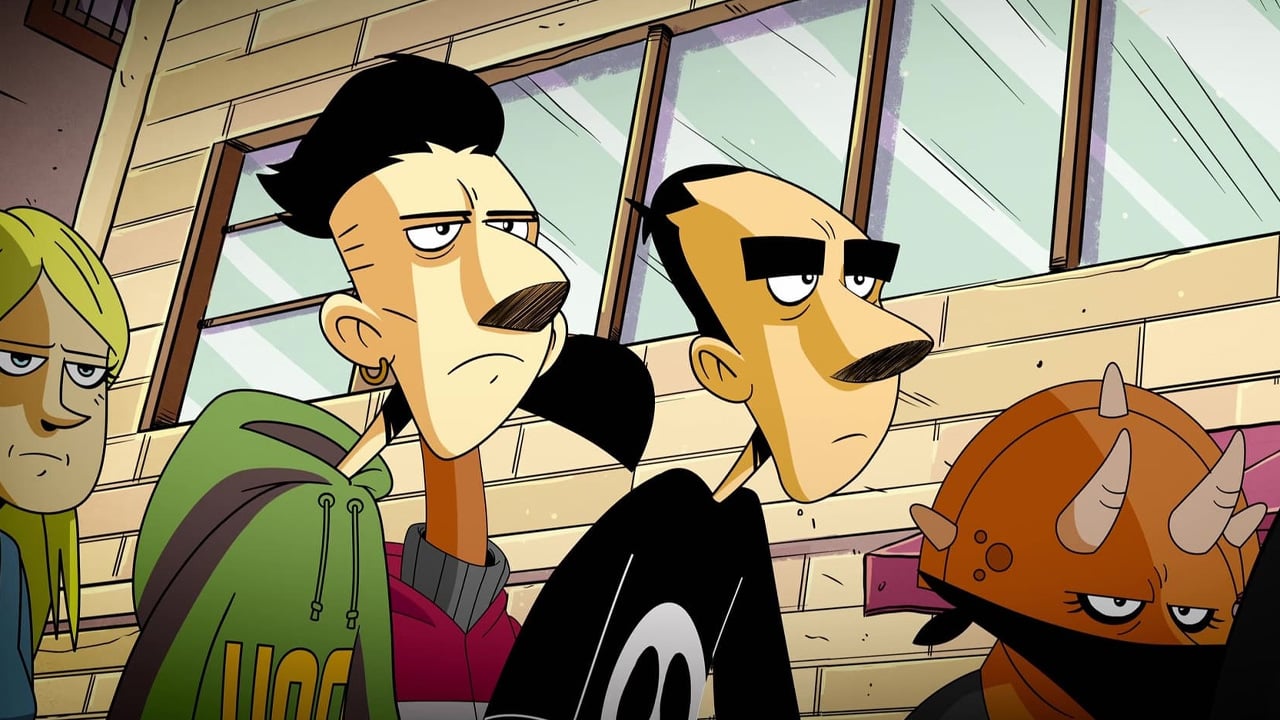
This World Can’t Tear Me Down is a timely release on friendship, punk, and anti-fascism. From the Italian cartoonist Zerocalcare, his second Netflix show shifts his musings over mental health to his experiences with regard to the country’s rising neo-Nazism. As xenophobia tears his friend group, it’s easy to feel the fear and self-doubt Zero’s cartoon counterpart feels. It’s easy as well to empathize with Sarah and Cesare, characters failed by the system around them. In many ways, they themselves feel like they haven’t met their potential. But the show suggests that perhaps status and achievement aren’t what being successful is all about– it’s about holding onto principles. Through punk soundtracks and shifts between stop motion and 90s cartoon style, This World Can’t Tear Me Down captures the millennial generation’s bewilderment, as well as their hope.
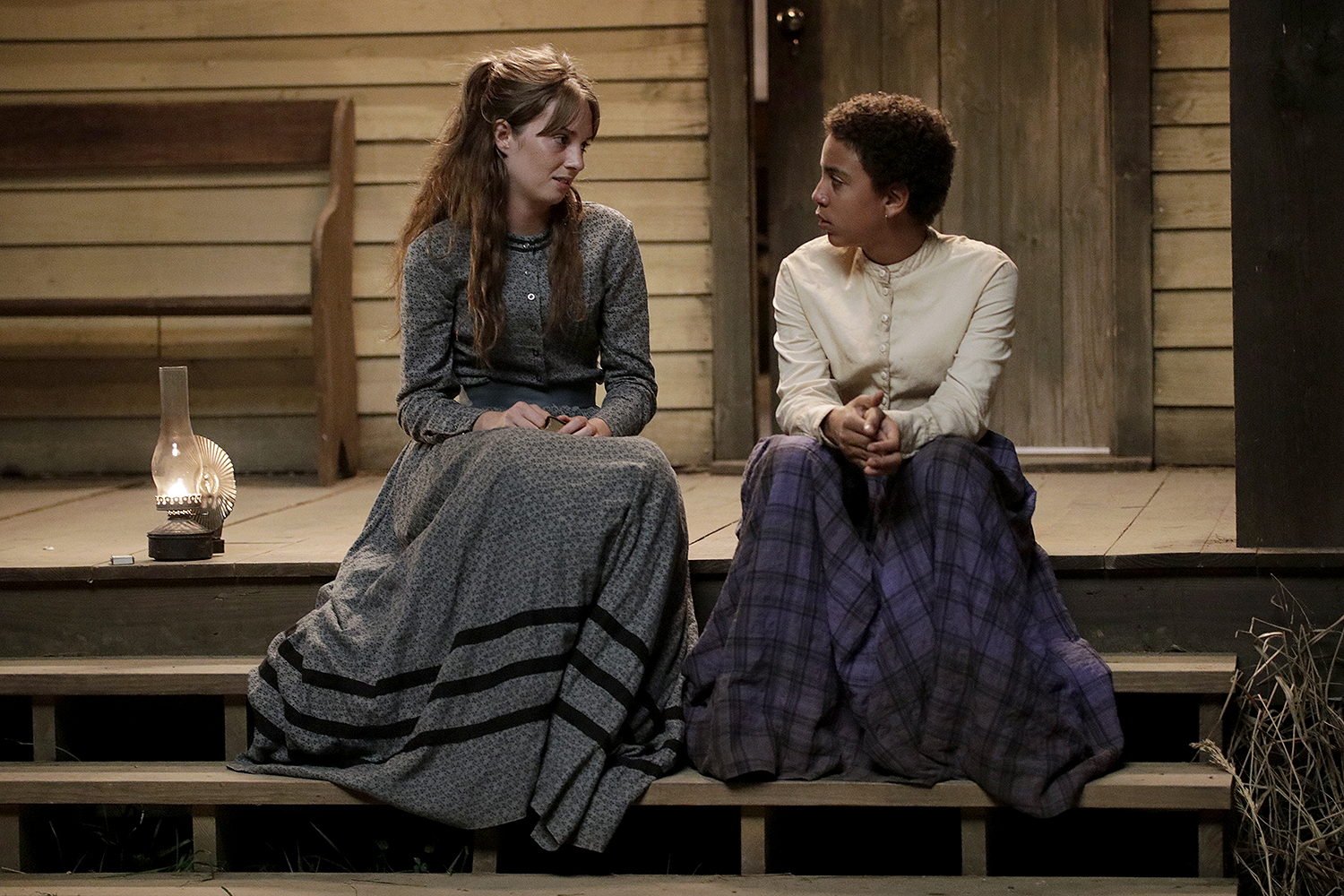
It’s often said that history is told by the victors. Thankfully, this isn’t the case in The Good Lord Bird, which tracks the tumultuous events preceding the Civil War, as led by real-life abolitionist John Brown (Ethan Hawke).
Some viewers might already be familiar with the story of how Brown “saved” slaves, but with Black teenager Henry (Joshua Caleb Johnson) as the narrator, history is repositioned and recounted through a fresh new lens. Nuanced questions about slavery, abolition, and even the revered Brown himself are brought up by Henry and his kin, such as: how much of the movement is driven by justice and how much of it by guilt? Should the white savior be absolved or are his intentions inevitably marred by ego?
Accompanying this thought-provoking tale are richly detailed costumes and backdrops, impressive cameos by historical and celebrity figures, and of course, career-defining performances by Hawke and newcomer Johnson.

Five Days at Memorial recalls the real and horrifying events that went on at a New Orleans hospital during the aftermath of Hurricane Katrina. Over the course of five days, the caregivers in charge try their best to evacuate thousands of people from the building, but heavy floods, power outages, intense heat, and a sorry lack of planning result in some heartbreaking decisions about the fate of their patients.
The ongoing series is a gut-wrenching and at times excruciating watch, adeptly directed by John Ridley (American Crime) and absorbingly moored by a cast that includes Vera Farmiga (Conjuring)—by now an expert at exhibiting pure horror—and Cherry Jones (Succession).
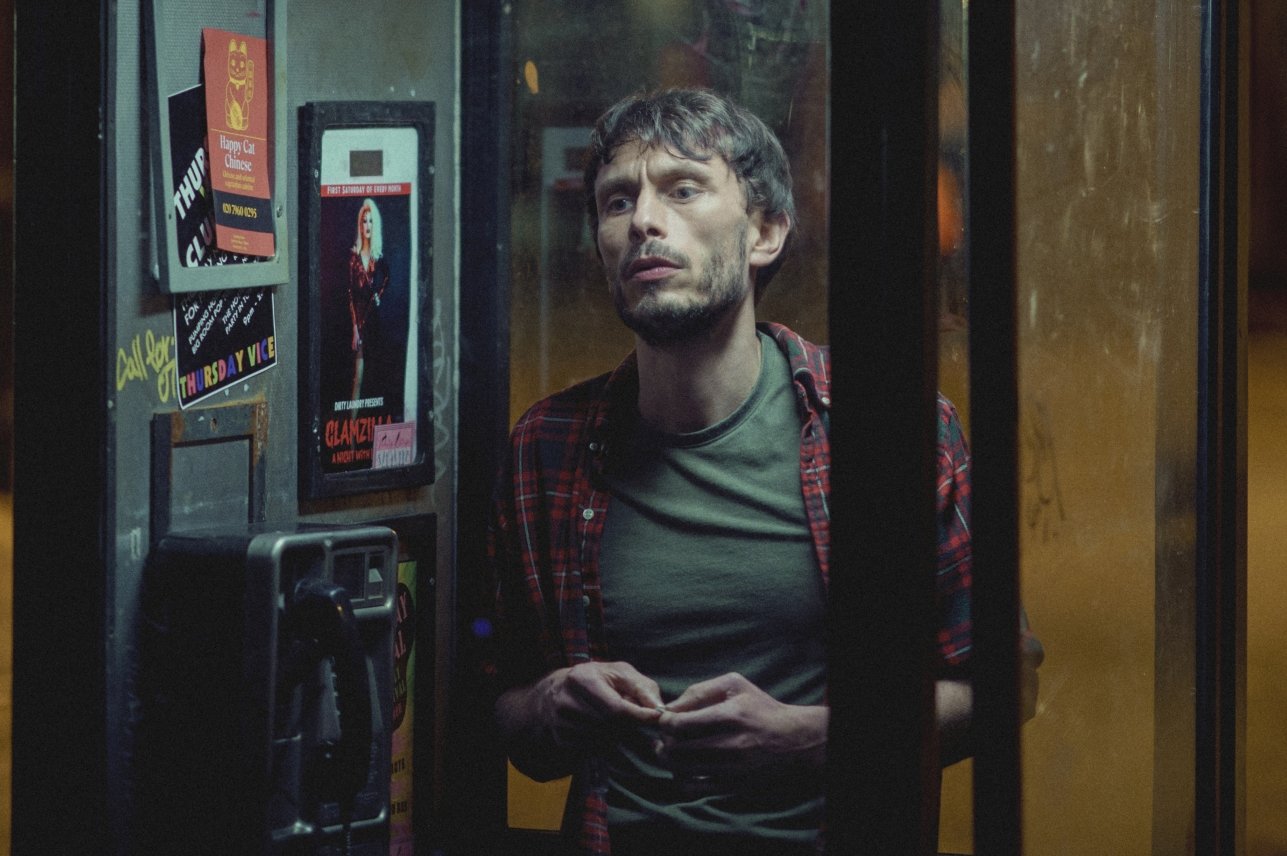
Baby Reindeer is a tough watch, starting out with out of kilter comedy that eventually and unrelentingly reveals its darker and darker sides. But not only was this a hard show to watch, this story is genuinely difficult to tell, because of how entangled all the threads of Donny’s trauma gets– it’s not a straightforward story about going through one traumatic incident and then immediately moving to logical forms of healing. It’s about one traumatic incident keeping him stuck and leaving him and his loved ones vulnerable to even more abuse. It’s a terrifying situation. And it’s terribly, terribly honest.
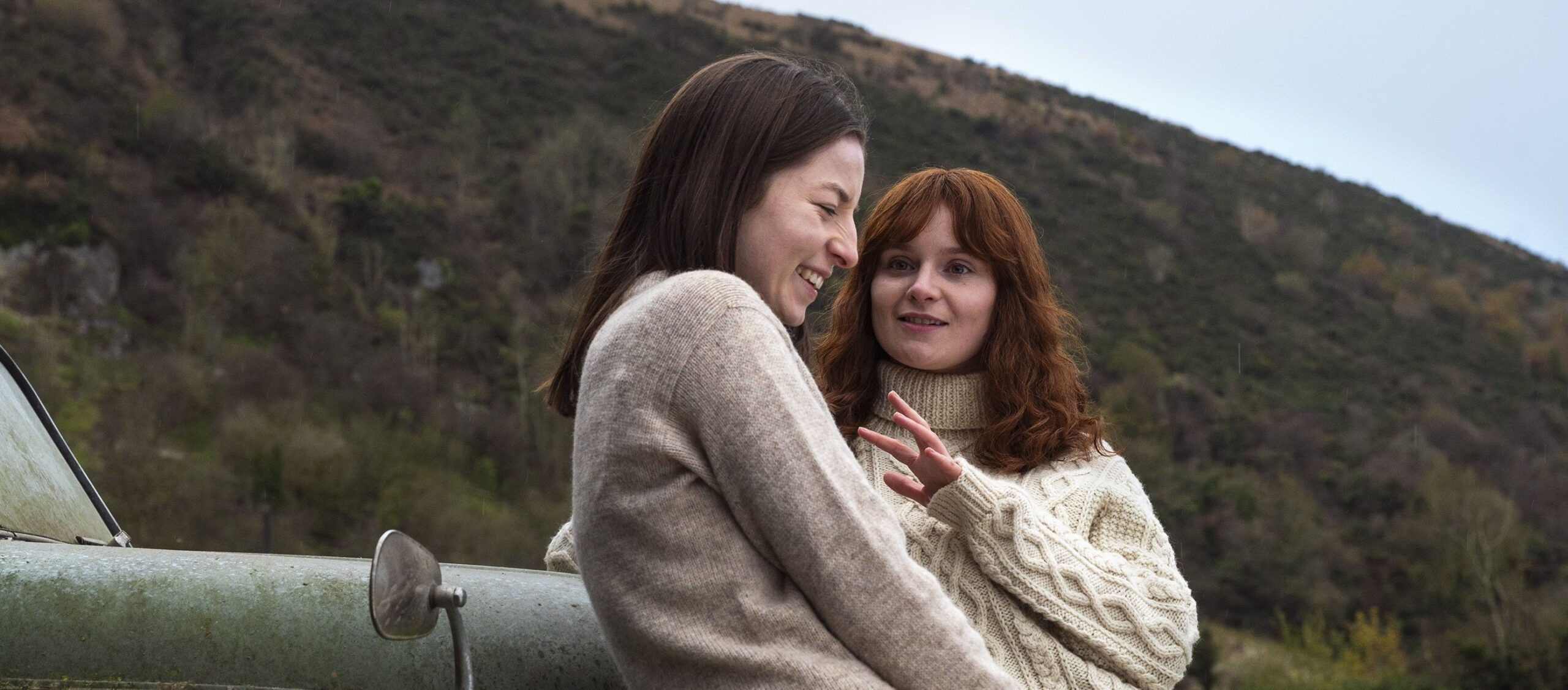
Telling a thoughtful story about the Northern Ireland Troubles and the IRA, including all its crimes and glories, is quite the feat. But Say Nothing proves it up to the task. The nine-part miniseries features compelling performances, a whipsmart script, taut timing, and impeccable production design (despite spanning four decades, it always looks true to the era). Its most impressive trait, however, is that it manages to show all sides of this complex story in an understanding light. The rebellion has noble aims, but it’s still fallible. The British army establishes order, but their means don’t always justify their ends. The series isn’t appeasing all sides as much as it’s taking a long hard look at them. We’re invited to reexamine this crucial part of history and ask ourselves, under the circumstances, would we too say nothing or everything to save lives?
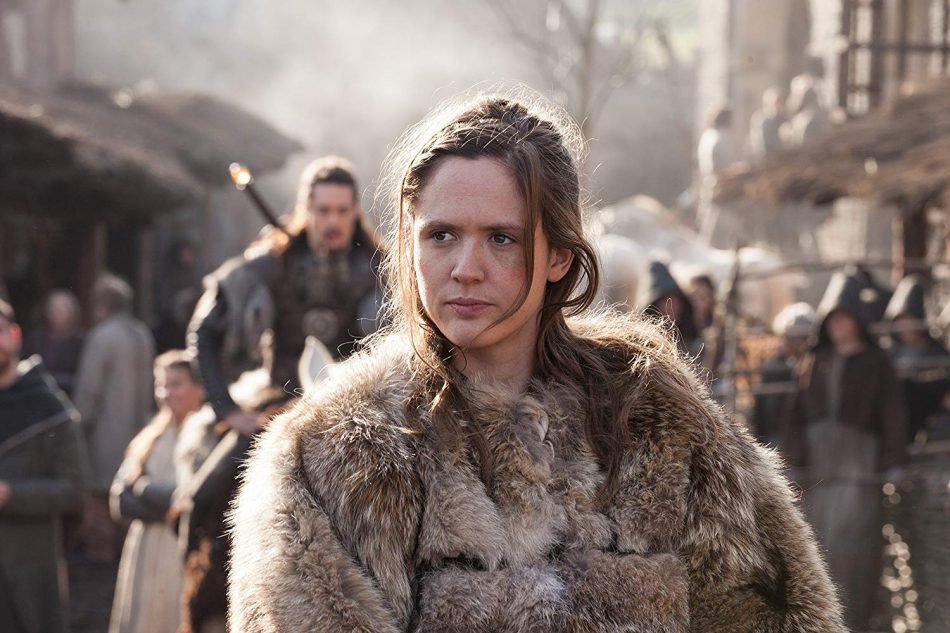
This historical fantasy show is based on the best-selling novel The Saxon Stories, a story set during the Viking / Dane invasion of Britain.
Uhtred was a small boy when he was kidnapped and then raised by the Danes. When he unexpectedly gets caught up in the conflict, his half-Saxon half-Dane mix makes at the same time valuable and untrustworthy for both sides.
There has never been a better alternative to Game of Thrones. The great writing and great performances from a cast of newcomers inevitably induce the same sense of addiction.
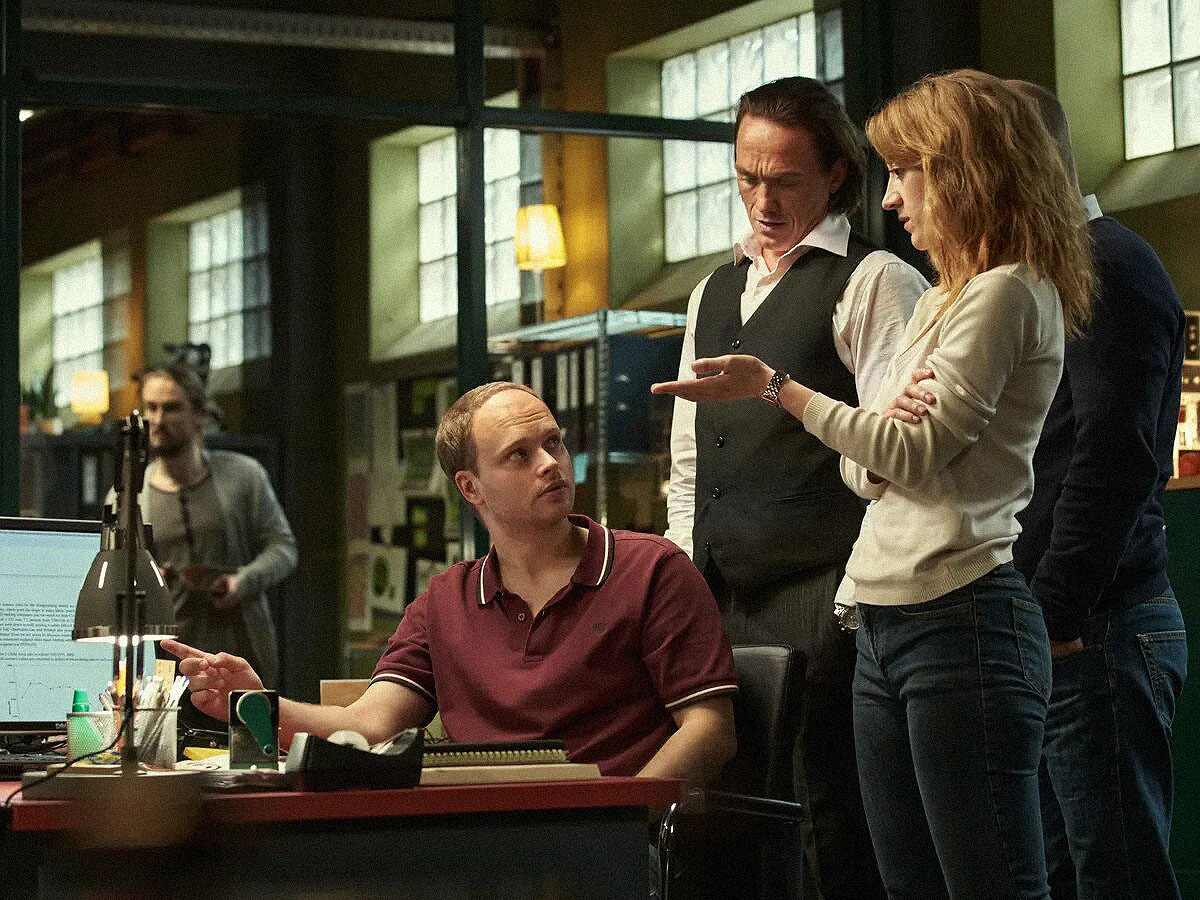
In the early 2000s, amid the rapid rise of online piracy and the consequent fall of paid music, tech genius Daniel Ek would find Spotify, a revolutionary streaming platform that served as a middle ground between user accessibility and artist rights. But even now, at its peak, Spotify’s success seems mystifying. How did they get away with providing free music to all?
Enter The Playlist—an impressive attempt at answering that very question. In this fictionalized account, key players in Spotify’s success are given their own episode-long arc, starting with the visionary himself, Ek (played by Edvin Endre), followed by the artist, the coder, and the industry insider, to name a few. By employing multiple perspectives, each with its own cinematic style (a particular favorite is that of the lawyer’s, the most experimental out of all the episodes), The Playlist manages to spin the technical and complicated story of Spotify’s origins into something fresh, dynamic, and addictive. Despite utilizing the Rashomon effect—risky but rewarding in this case—The Playlist rarely strays from its main point and, the result is a lean, well-rounded story that’s just as credible as it is heightened.
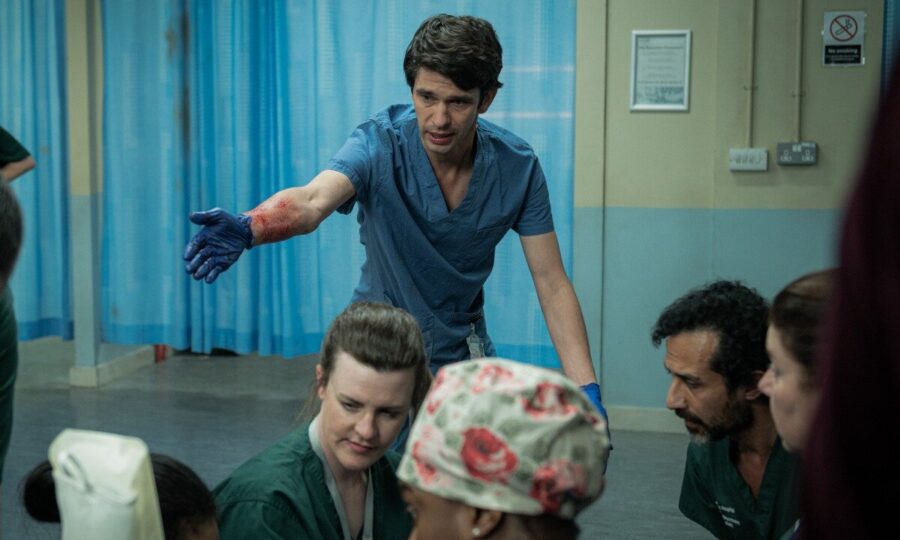
In the dark comedy This Is Going to Hurt, Ben Whishaw stars as junior doctor Adam, who’s barely keeping it together in the understaffed and under-equipped ob-gyn ward of Britain’s NHS hospital. We see, often in sad and graphic detail, what goes on in a public hospital and the heavy toll this takes on both the patients’ and medical staff’s personal lives. It’s hard to look away, especially when Adam addresses us in the first person.
Even more upsetting? The miniseries is based on a memoir. Former medical trainee Adam Kay wrote a best-selling book detailing his horrific time at the NHS, and now he serves as executive producer and writer of the series.
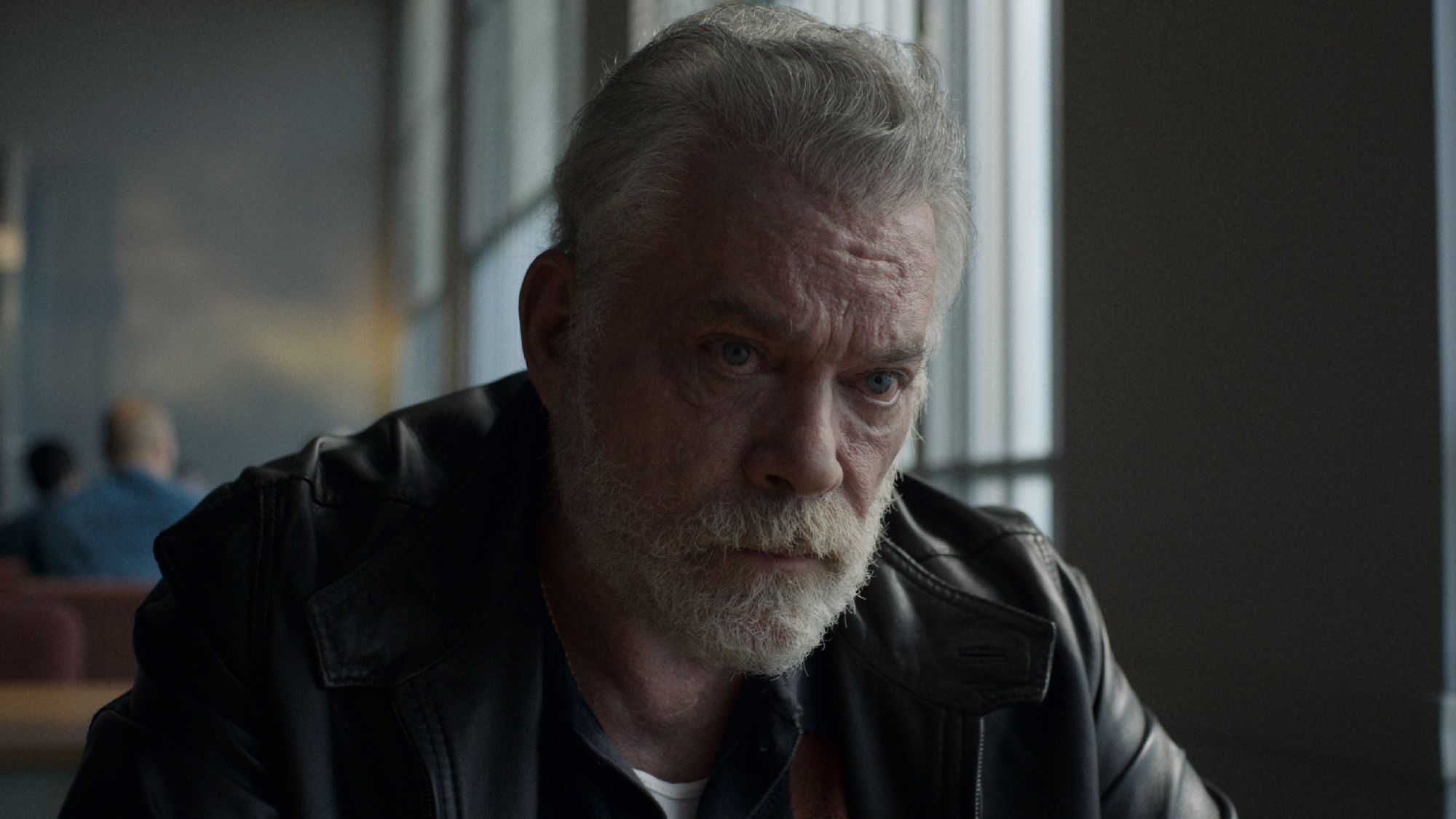
Based on true events, Black Bird follows James Keene (Taron Egerton), a narcotics dealer sentenced to ten years in jail. He makes a deal with the authorities to reduce his sentence, but in return, James has to befriend their deadliest convict—a child murderer played by the excellently terrifying Paul Walter Hauser—and extract a confession out of him before it’s too late.
If you’re a fan of gripping crime thrillers, anti-heroes, star-studded shows, and watching British actors do a perfect American accent, then Black Bird is right up your alley. The miniseries is also an excellent showcase of topnotch performances; Egerton and Hauser bring the house down in their excellently staged two-handers, Greg Kinnear is reliably sturdy as the determined detective, and Ray Liotta in one of his final roles is devastating as an ailing father.
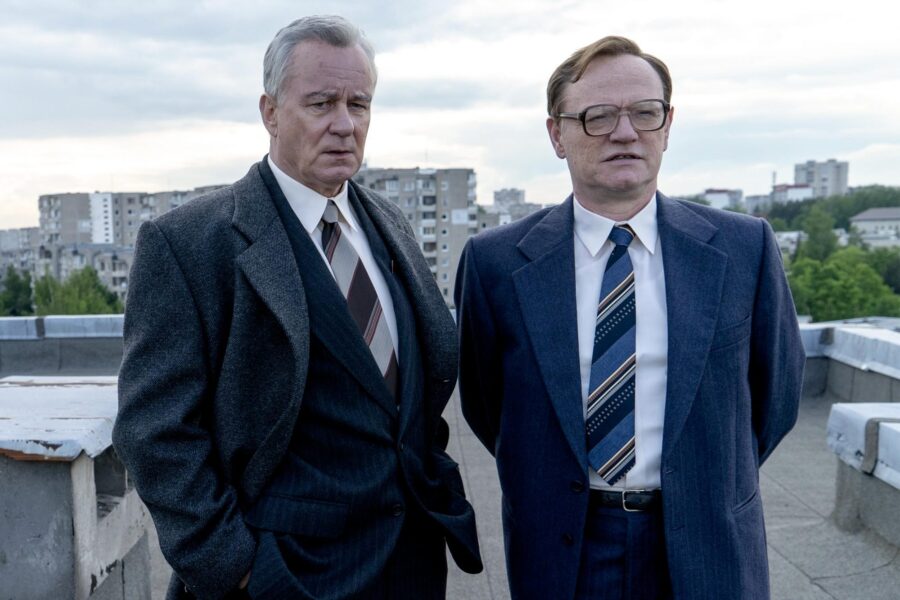
It’s a near-impossible feat to turn something as tragic and devastating as the Chernobyl disaster into a gripping and enlightening tale, but the HBO miniseries does just that. Through insightful storytelling, affecting performances, and sharp dialogue, Chernobyl the show stuns viewers into awareness and, at its best, galvanizes them into action.
It’s a well-crafted five-hour series that does just enough in the way of humanizing a distorted reality, bringing to light the all-too-relevant consequences of power plays and placing the interests of the political elite and national image over real, human lives.
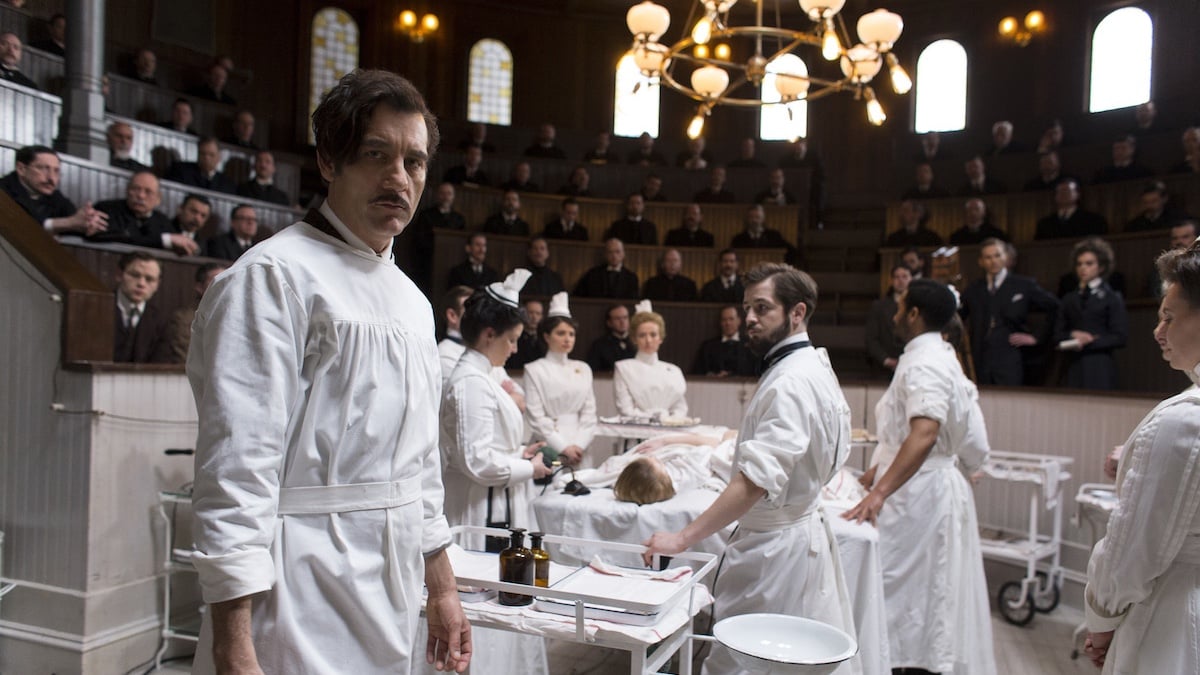
Though it takes place in New York at the turn of the 20th century, The Knick is not your typical historical drama. Set to a pulsating techno score and with a whizzing pace and kinetic camerawork, director-cinematographer-editor Steven Soderbergh injects the show with a potent sense of immediacy so that it never feels like a dusty history lesson. The two-season show is set in the titular Knickerbocker Hospital and tracks the intertwining personal and professional dramas of its benefactors and staff — led by Clive Owen’s arrogant Dr. John Thackeray, who works tirelessly at the bleeding edge of medicine, fuelled by his addiction to the then-medically-permissible cocaine.
Thack’s brilliant innovations and thorny personality take up a good deal of the show, but The Knick’s complex ensemble — from André Holland as the city’s first Black doctor to Cara Seymour as an Irish nun who secretly conducts out-of-hours abortions — are equally compelling. What’s more, the show is just as committed to lifting the events of its period out of the history books and into crackling life. With an unsparing eye, it weaves its way through modern medicine’s gory past and New York’s history with racism (both institutional and otherwise), corruption, immigration, and epidemics (such as that caused by “Typhoid Mary”). If you’re looking for a quaint, comfort period drama, The Knick isn’t it — but if you want to get your adrenaline pumping with a gripping, raw ride through history, your prescription is right here.
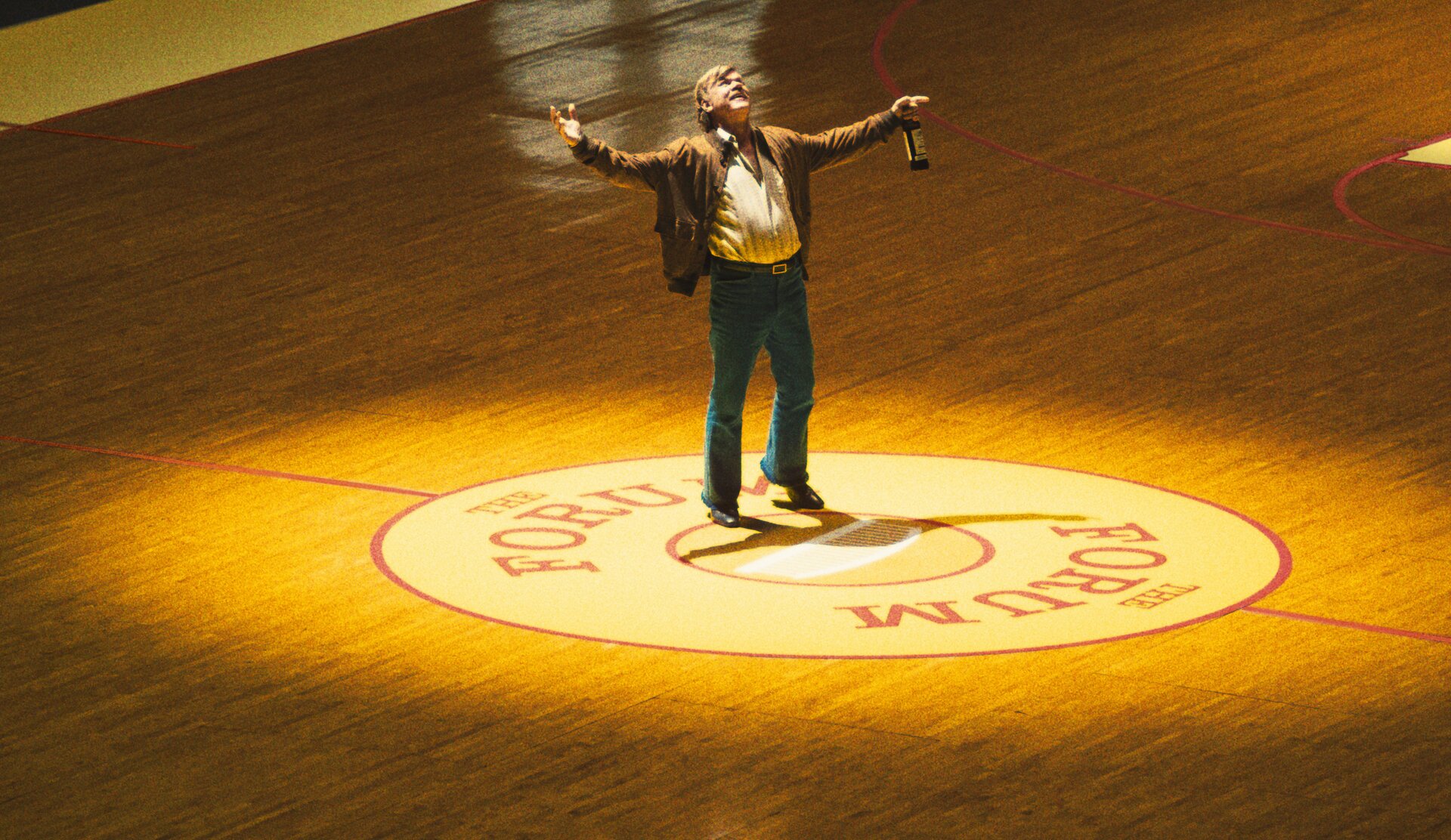
Set in 1980s Hollywood, Winning Time doesn’t just borrow from the decade, it imbibes it in its very fiber. It’s dizzyingly fast-paced and dazzlingly glamorous, pulling out all the stops from the cinematography, which employs a hybrid of film and tube camera, to the all-star cast, which includes Sally Field, Adrien Brody, and Jason Segel. It’s a technical feat, but amazingly, it also excels as a character study for Lakers legends Magic Johnson (Quincy Isaiah) and Kareem Abdul-Jabbar (Solomon Hughes), as well as the team’s charismatic owner, Jerry Buss (John C. Reilly). The writers go in-depth into their histories and weave a story so gripping, you can’t help but binge all 10 episodes in one go (and research the truth right after). If you’re an NBA fan, you might be disappointed to know that a big chunk of the script doesn’t adhere to real events, but you will no doubt be delighted to watch basketball in the way it was intended to be watched: riveting and nail-biting, with a lot of drama and glamor to match.
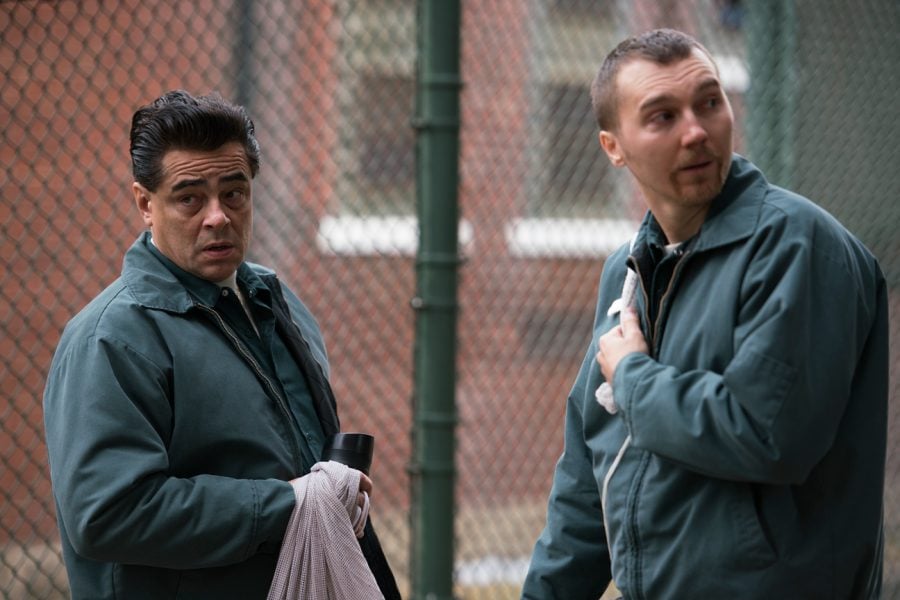
The story is so jaw-dropping that it almost had to be put to film: steadily sawing through pipes and cutting through walls, two convicted murderers managed to break out of a maximum-security prison in upstate New York in 2015. The elegant and realistic dramatization was released by Showtime in 2018 and directed by none other than Ben Stiller in what marks his TV directorial debut.
The protagonists of this unlikely feat included the shrewd, boss-type felon Richard Matt (Benicio del Toro) and the much younger, excitable David Sweat (Paul Dano). You will hardly recognize Patricia Arquette in her role as Joyce ‘Tilly’ Mitchell, a married prison employee overseeing the sewing workshop, who supported and had sexual relations with both men. She rightly received a slew of awards, including a Golden Globe in 2019, for her stunning transformation and brilliant performance.
While the pacing of this somber thriller might be a bit too slow for some, the stellar performances of the main cast are enough to keep you on the edge of your chair. It’s a cinematic TV rendition of an unbelievable story and an engrossing view inside the life and minds of disenfranchised Americans.

